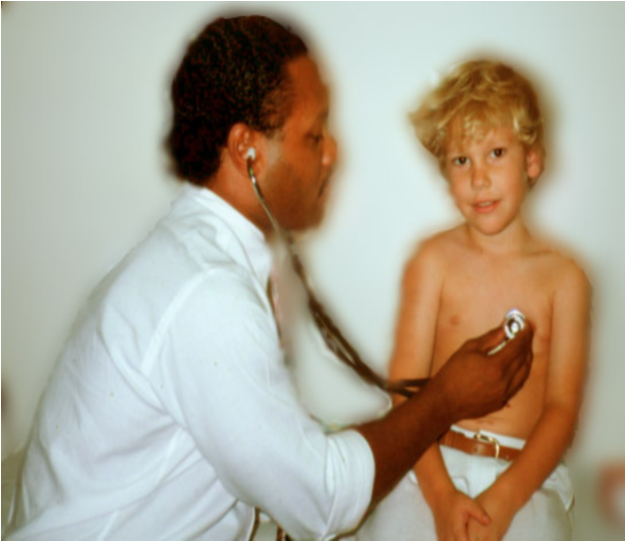Using the PEDS:DM-Assessment Level® In Training of Emerging Professionals
The PEDS:DM-Assessment Level, offers abundant guidance for trainees (e.g., pediatric and family practice residents, medical students, student nurses, psychology interns, student teachers). Videos, slide shows, case examples, practice guidelines and work-flow options, FAQs, and a post-test for self-instruction are available here as well.
In the PEDS:DM® Professionals’ Manual, there is information for trainees on how to build rapport with children before and during testing,  how to administer the measure hands-on, how to manage children during testing, and how to accommodate children with known disabilities (e.g., those with visual or physical impairments) so that they can best demonstrate the skills they possess).
how to administer the measure hands-on, how to manage children during testing, and how to accommodate children with known disabilities (e.g., those with visual or physical impairments) so that they can best demonstrate the skills they possess).
The PEDS:DM® manual also includes guidance on how to explain results to parents, find referral resources, includes developmental promotion information (and links to other sources including downloadable handouts for parents written in Spanish) and also resources for life-long professional learning about development and behavior. The manual also contains a detailed set of milestones set at roughly the 50th percentile, to help trainees with required developmental-behavioral knowledge for certification and licensing.
Residents and nurses, once in practice, rarely need to deploy hands-on administration methods. But for training purposes, it is invaluable to master this skill-which also makes learning about child development a far more vivid and meaningful experience. The PEDS:DM-Assessment Level® when administered hands-on also provides a more sound foundation in early developmental skills and more accurate results than measures like the Denver-II.
In primary care and public health settings
 Usually the PEDS:DM® Screening Level, preferably along with PEDS-R® and an M-CHAT at 18 and 24 months, are sufficient for complying with American Academy of Pediatrics policy. Informal milestones drawn from the Denver-II are not: they lack accuracy and result in under-detecting 70% of children with disabilities. In clinics with developmental specialists, nurse practitioners, or medical home care-coordinators, the PEDS:DM-Assessment Level® offers an accurate alternative to a full administration of the Denver-II or Brigance Screens provides richer scores, better longitudinal tracking, while also facilitating eligibility for Early Intervention if needed. When residents and student nurses are training within general pediatric clinics and need additional experience in learning about child development, a hands-on administration of the PEDS:DM® Screening Level offfers good training opportunities and improves trainees developmental-behavioral knowledge base.
Usually the PEDS:DM® Screening Level, preferably along with PEDS-R® and an M-CHAT at 18 and 24 months, are sufficient for complying with American Academy of Pediatrics policy. Informal milestones drawn from the Denver-II are not: they lack accuracy and result in under-detecting 70% of children with disabilities. In clinics with developmental specialists, nurse practitioners, or medical home care-coordinators, the PEDS:DM-Assessment Level® offers an accurate alternative to a full administration of the Denver-II or Brigance Screens provides richer scores, better longitudinal tracking, while also facilitating eligibility for Early Intervention if needed. When residents and student nurses are training within general pediatric clinics and need additional experience in learning about child development, a hands-on administration of the PEDS:DM® Screening Level offfers good training opportunities and improves trainees developmental-behavioral knowledge base.
For helpful videos showing hands-on administration of the PEDS:DM® (Screening Version) please contact Dr. Cara Dosman who can send you a link and a password.
